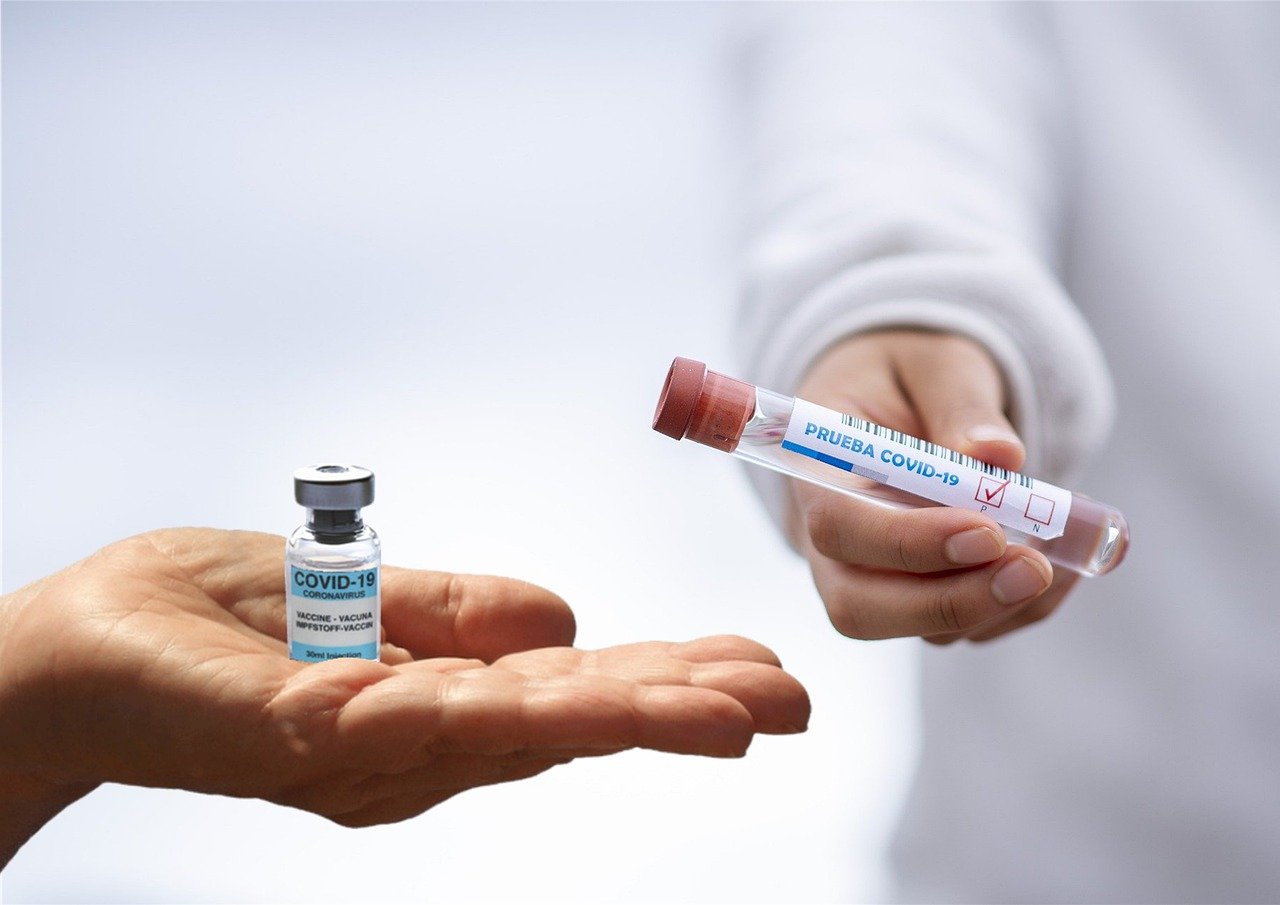
The US Centers for Disease Control and Prevention (CDC) says severe allergic reactions to the coronavirus vaccine are rare.
According to the CDC, only 29 people have exhibited severe allergic reactions to the coronavirus vaccine out of 1.9 million doses administered. It reported only 21 additional confirmed cases of anaphylaxis to the eight previously documented.
In its Morbidity and Mortality Weekly Report, the CDC pointed out that this translates to a rate of 11.1 cases of anaphylaxis out of 1 million doses administered. Comparatively, the rate of severe allergic reaction for the flu vaccine is at 1.3 per 1 million doses.
Allergic reactions to coronavirus vaccine
In a news conference, Dr. Nancy Messonnier, director of the CDC's National Center for Immunization and Respiratory Diseases, explained: "The anaphylaxis rate for Covid-19 vaccines may seem high compared to flu vaccines. But I want to reassure you that this is still a rare outcome."
The CDC also noted that the allergic reactions were detected within minutes of vaccine administration and that 20 of the 21 patients that did experience anaphylaxis have all recovered.
Dr. Messonnier mentioned that those of those who experienced anaphylaxis, 17 had a documented history of allergies, including to drugs, medical products, foods and insects.
However, the CDC assured that such allergies are common and the number of reactions is very rare so people with general allergies should not be worried about receiving the vaccine but it advised them to consult a health care provider before doing so.
"We've been adapting our recommendations as we learn more," Messonnier added.
Updates on coronavirus vaccines in the US
Moderna Covid-19 vaccine production is expected to increase by 20% in 2021, according to the company’s announcement.
Moderna is aiming to manufacture up to 1 billion doses of its coronavirus vaccine this year. The U.S. will secure 100 million shots of Moderna’s vaccine by the end of March and 100 million more by June, the drugmaker said in a statement.
Moderna’s coronavirus vaccine was given emergency authorization by the U.S. Food and Drug Administration (FDA). With this, the company’s vaccine can be administered to people 18 and older in the United States in December and has begun the drug’s initial distribution.
Based on the federal government’s deal with Moderna, the Massachusetts-based company will produce 200 million doses of its vaccine with the option to provide an additional 300 million.
"Our effectiveness in providing early supply to the U.S. and Canadian governments and our ability to increase baseline production estimates for 2021 are both signals that our scale up of mRNA vaccine production is a success," Moderna’s chief of technical operations, Juan Andres, said about accelerating Moderna Covid-19 vaccine production.
Meanwhile, the CDC approved Pfizer-BioNTech’s Covid-19 vaccine last December for people 16 years and older.
The CDC’s Advisory Committee on Immunization Practices, an external group of medical experts that counsels the agency, recommends the Pfizer-BioNTech’s Covid-19 vaccine for people 16 and older under the Food and Drug Administration’s emergency authorization.
However, Dr. Anthony Fauci, director of the National Institute of Allergy and Infectious Diseases, expressed his disappointment about the slow Covid vaccine rollout in the country on NBC’s "TODAY" show.
"We would’ve liked to have seen it run smoothly and have 20 million doses into people today, by the end of the (year) 2020, which was the projection. Obviously, it didn’t happen and that’s disappointing," Dr. Fauci said. "Hopefully, as you get into the first couple of weeks in January, the gaining of momentum will get us to the point where we want to be."






